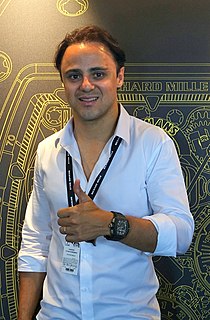A Quote by Joe Wright
I think maybe I might tackle something that doesn't reach down to a very, very young audience, like more of a kind of teenager and upwards.
Related Quotes
When you're still in the broadcast business, you're still trying to reach tens of millions. You're trying to still aim for a broader audience, and I think that's a more difficult task to spread yourself across that audience, connect with them, as opposed to a very, very small, pinpointed audience. Difficult to do.
With war and famine and flood and special effects films, when you do somebody under duress, you have to be really be inventive and the risk of keeping it very simple is you might loose some of the audience because it's not overt, it's hidden, not coming at you. Then you might cut through to some of this numbness and reach something profound and tragic.
I think the more you have a generalist perspective, I think sometimes the more you can kind of see through the forest and the trees. And when it gets a little bit cloudy, you know, have some sense of, "Well, maybe this might happen or maybe that might happen." So I really am a big believer in liberal arts education. I think it's better - particularly in these kind of uncertain times - to know a little bit about a lot of things as opposed to being expert in one thing.
Sometimes it's not like I write very specific, it's more like I add an atmosphere almost to something that might have been quite awkward in my mind from the beginning. Something has happened and I want to force myself to think of it in a more positive way. And then I force myself to write something that convinces me that this is actually something pretty good or something that I learned something valuable from.





































